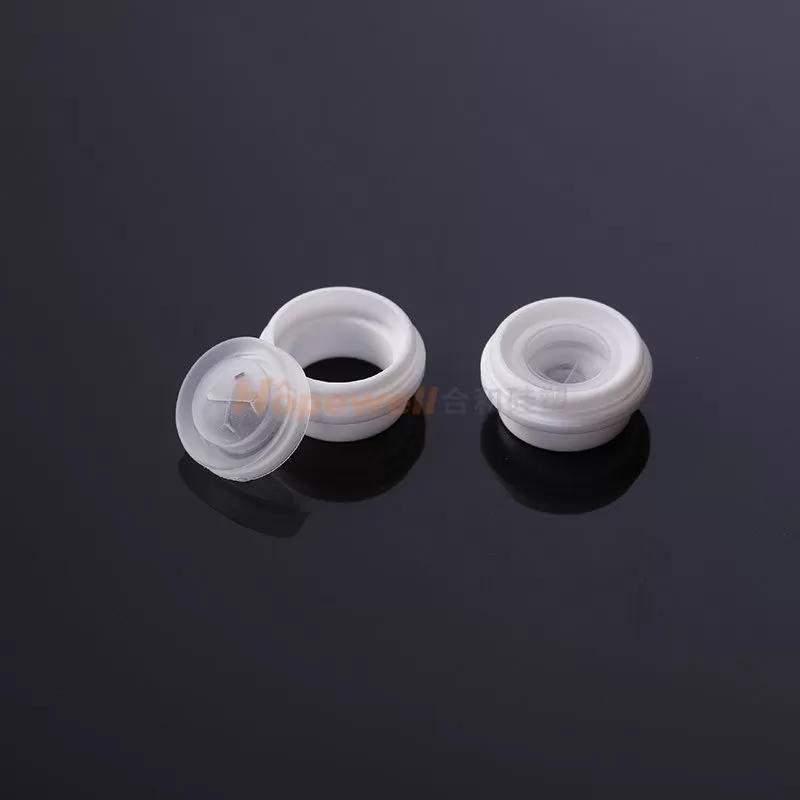Silicone sealing valves often referred to as elastomeric valves, are essential components designed to control the flow of fluids or gases while preventing leakage. These valves are manufactured from high-quality silicone elastomers, which exhibit exceptional heat resistance, flexibility, and chemical inertness.

What are Silicone Sealing Valves?
Silicone sealing valves are specialized mechanisms that regulate fluid flow by utilizing the inherent flexibility and resilience of silicone elastomers. Unlike traditional rubber valves, silicone valves offer superior performance across a wide range of temperatures and have remarkable chemical resistance.
How Do They Work?
Silicone sealing valves operate through a combination of elasticity and innovative design. When pressure is applied, the valve opens to allow the passage of fluids or gases. Once the pressure is released, the valve automatically closes, preventing any backflow or leakage.
Types of Silicone Sealing Valves
Silicone valves come in various types, each tailored to specific applications and industries. The most common types include:
Diaphragm Valves: These valves use a flexible diaphragm to control flow and sealing.
Duckbill Valves: Featuring a duckbill-like structure, these valves allow one-way flow.
Umbrella Valves: Designed with an umbrella-shaped top, these valves are ideal for controlling airflow.
Advantages of Silicone Sealing Valves
Silicone sealing valves offer a plethora of advantages that contribute to their widespread adoption in various industries.
Exceptional Heat Resistance
Silicone valves exhibit remarkable resistance to high temperatures, making them suitable for applications involving hot fluids or gases.
Chemical Compatibility
Silicone is chemically inert and highly resistant to a wide range of chemicals, acids, and bases, ensuring reliable performance even in corrosive environments.
Flexibility and Durability
The inherent flexibility of silicone elastomers allows these valves to maintain their integrity and sealing capabilities even after prolonged use, ensuring long-term durability.
Applications Across Industries
Silicone sealing valves find utility in diverse industries due to their unique properties and performance benefits.
Medical and Healthcare
In the medical field, silicone valves are utilized in various devices, such as infusion pumps, respiratory equipment, and surgical instruments.
Food and Beverage
The food and beverage industry relies on silicone valves for controlling the flow of liquids in dispensing machines and regulating ingredient mixing.
Automotive and Aerospace
Silicone sealing valves play a critical role in automotive engines, ensuring efficient fuel and air regulation, as well as in aerospace applications for fluid control in challenging environments.


Comments
Please Join Us to post.
0